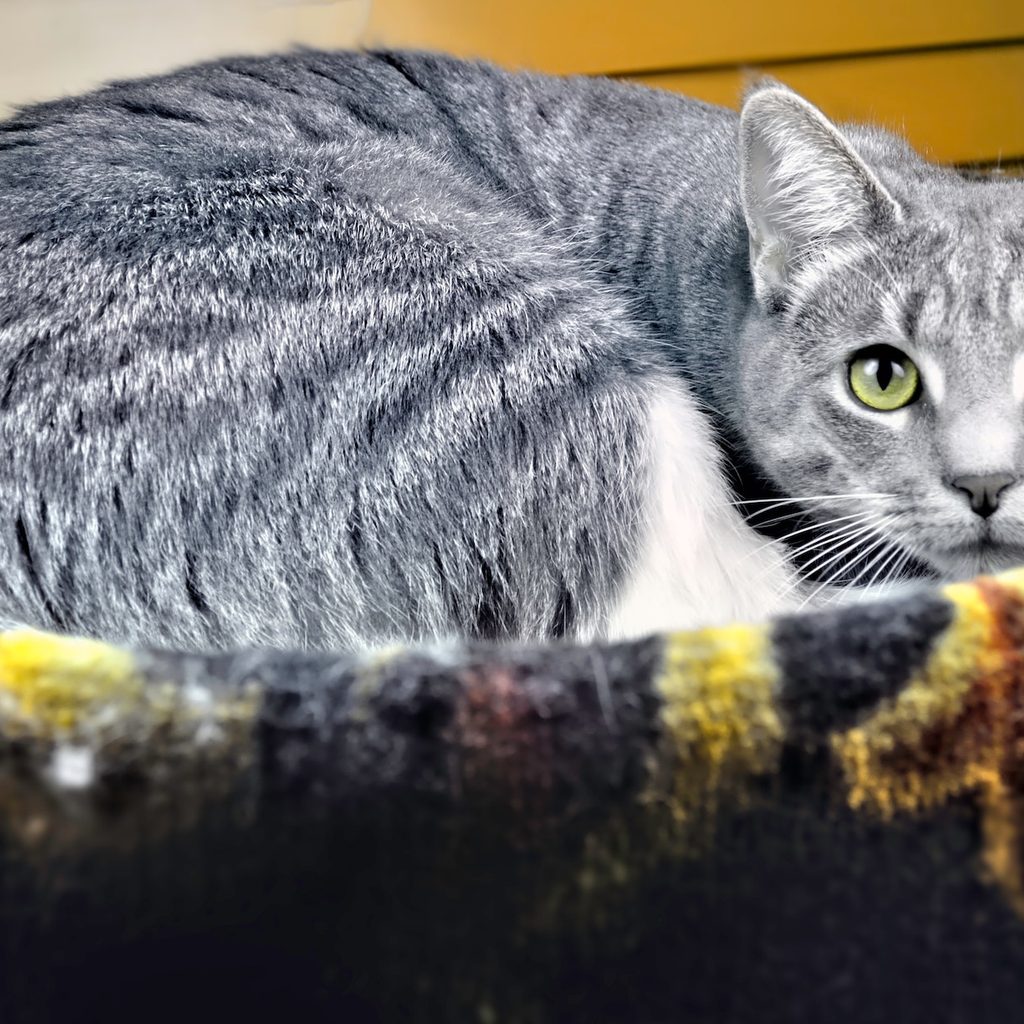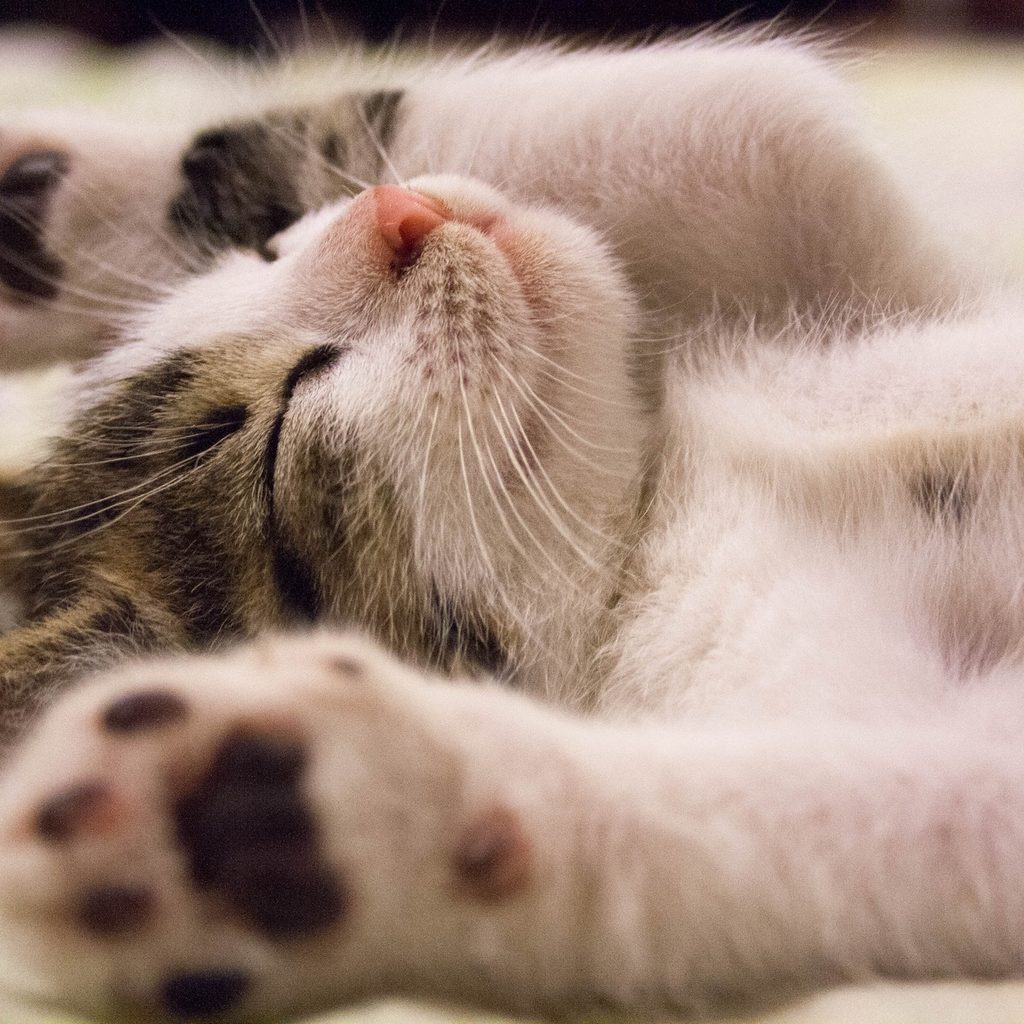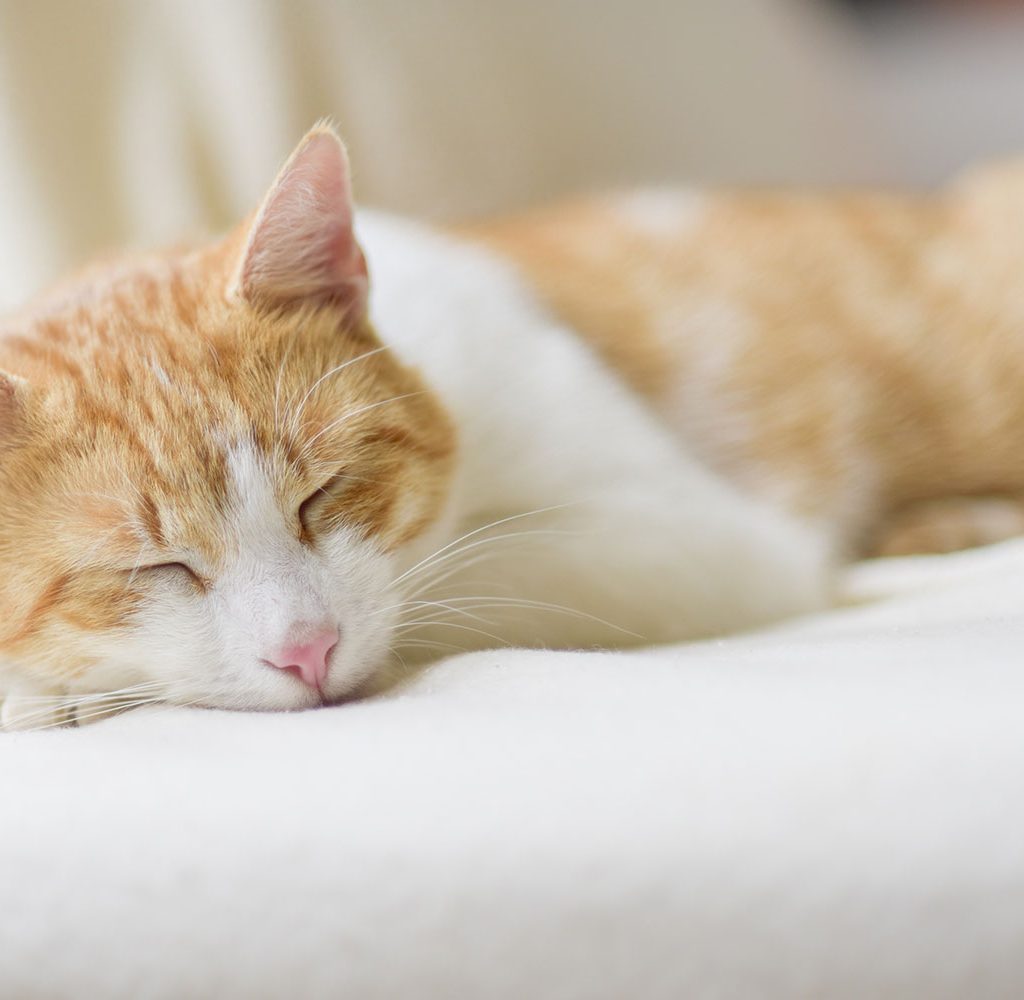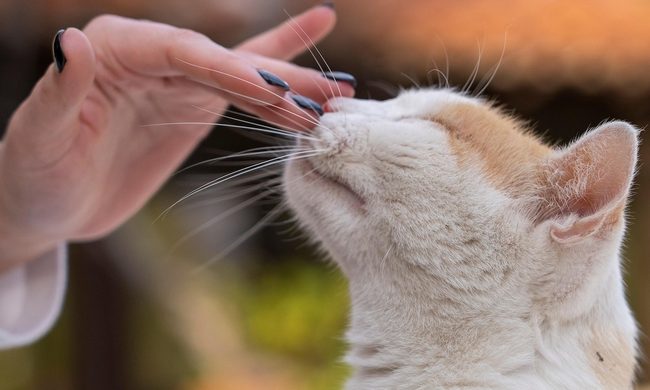Did you know that a cat sleeps 15 hours a day on average? That’s quite a long time! It’s really no doubt that these sleepy, cuddly friends are absolute lounge lovers. A day of snoozing is most definitely a happy day in a cat’s world. Although they admire sleeping all day long, there’s more to this fascinating nature of a cat sleeping than meets the eye.

8 intriguing reasons why a cat sleeps so much
A cat sleeping is more than it being a lazy, lethargic furry friend.
- Cats are natural hunters. Hunting is an instinctual feline behavior that can easily drain energy. By nature, cats are natural hunters even if they’re strictly indoor pets. Although most domestic cats prefer to stay indoors, there are times when you’ll see their primal instinct bloom here and there. This is even more obvious in cats that live in the wild. Cats that thrive in the outside world spend a large amount of energy hunting prey. After a good session of chasing and hunting, it’s time for a well deserved rest — and that goes for indoor cats, as well.
- Crepuscular? That’s what cats are. Since a cat sleeps all day and becomes active during the dawn and dusk hours, it is considered crepuscular – and this is a normal part of its lifestyle. This highly benefits them because other natural predators are usually hunting late at night or during the daytime. Of course, indoor cats typically won’t have this worry, but it’s great to understand that regardless of the situation, primal instincts tend to dominate.
- Felines must adapt to hot environments. Indoors or outdoors, cats have evolved so they can adapt to hot temperatures in order to stay comfortable. A cat sleeping is an effective method to regulate its body temperature.
- Cats truly love to snooze and stay in bed. Who doesn’t love a terrific snooze session? Another reason why a cat sleeps so much is simply because it feels spectacular. Every chance they have for a resting period, cats sure spring right to it.

- Just like we need to recharge ourselves during the night, cats need to conserve their energy, as well. Yes, cats recharge themselves differently than we do, but we all do it for the same purpose — to feel rested for what is ahead.
- A rainy day is a sleepy day. It’s obvious that cats are affected by weather — just like us. Even though a cat’s behavior is mostly based on its age, personality, health, and breed, most indoor and outdoor cats spend a good portion of their time sleeping when the clouds start to drizzle. A rainy day has us all yawning!
- From the kitten life to adulthood, these sleepy furry friends can adjust and adapt their sleep habits. It’s normal for newborn kittens to sleep 24 hours a day as they nurse and grow. When they begin to mature, the required amount of sleep decreases to about 15 hours a day. Once they reach their majestic senior years, the required sleep increases again. No matter what age, a cat sleeping for long periods of time is typical.
- A cat may be sleeping too much. A cat sleeping their day away is usually normal, but if you feel your cat is sleeping too much, be sure to take your precious feline friend to the vet. A dramatic change to a cat’s sleep schedule may indicate a serious health concern, such as depression, pain, gastrointestinal issues, and more.

The sleeping behavior of cats are highly adaptable. You may find that a cat can adjust its own sleeping patterns to fit their feeding schedules as well as spending more quality time with their favorite people for snuggles and playtime.
Why a cat sleeps so much is no longer an age-old mystery! Although it may seem like they’re sleeping their life away, sleep is a large and natural part of their lives. Whether it’s to conserve and recharge their energy, a rainy day calling for some extra sleep, or just part of their primal instincts, a cat sleeping all the time is simply a fascinating recipe for a healthy, happy life.



